
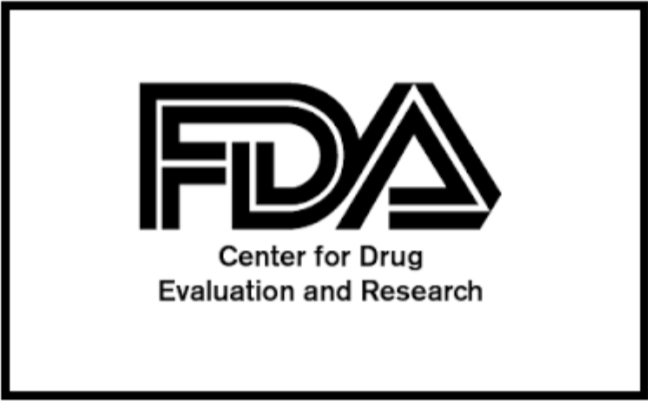
According to CDER Director Patrizia Cavazzoni, CDER’s new Center for Real-World Evidence Innovation represents a major step forward in efforts to unlock the full potential of RWD to inform clinical and regulatory decisions.

According to CDER Director Patrizia Cavazzoni, CDER’s new Center for Real-World Evidence Innovation represents a major step forward in efforts to unlock the full potential of RWD to inform clinical and regulatory decisions.
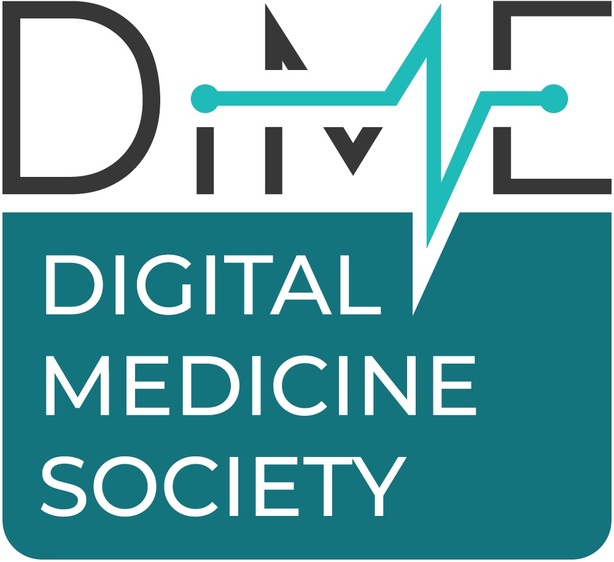
Up until now, the lack of interoperable health-at-home devices has inhibited health technology integration into the home for use in wellness, prevention, managing chronic conditions, and clinical trials.
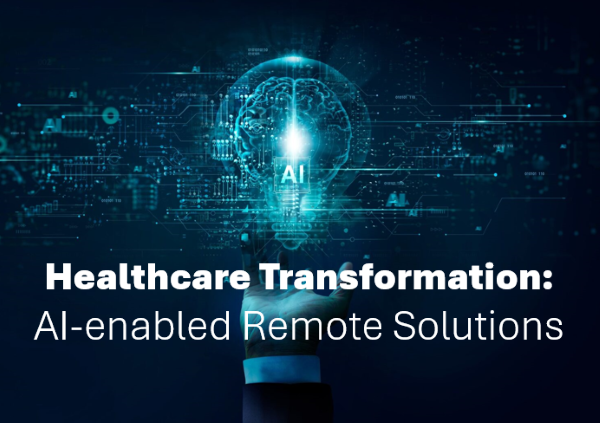
AI and real-time data enhance care efficiency and access. And with healthcare workers in short supply, the rapid advancements in AI, IoMT, and related innovation offer patient access freedom, enhanced care delivery, and better outcomes.

MTI Regulatory Report 2024 data overwhelmingly suggests regulatory resources throughout the industry are being stretched. Time/Bandwidth is the top medical device regulatory challenge faced during 2024, potentially leading to industry-wide regulatory fatigue and driven by changing global compliance regulations in recent years.

The MDIC Annual Public Forum 2024 kicked off this week with experts from the National Evaluation System for health Technology (NEST), the Centers for Medicare and Medicaid Services (CMS), and the FDA. Topics included the future of real-world evidence (RWE) and the integration of AI into the healthcare ecosystem and how can we leverage emerging technologies to bring innovative and safer solutions to patients.
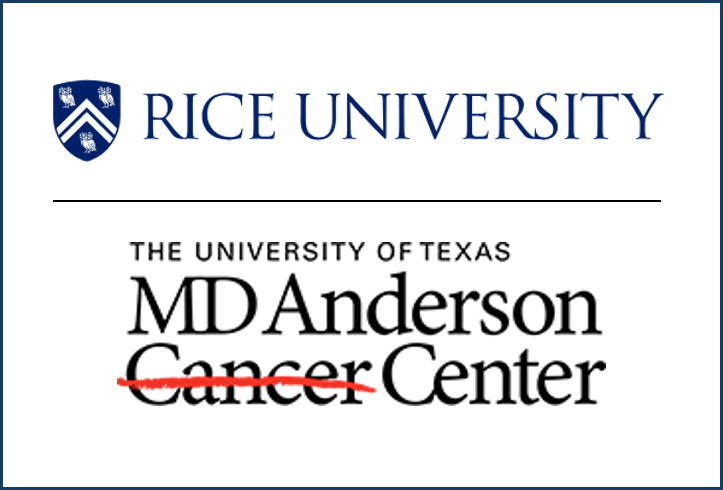
Collaboration tackles complex challenges using data science to improve decision-making in cancer care.
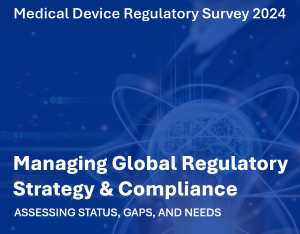
Nearly 2/3 of device makers say their regulatory intelligence may be insufficient and they lack the resources to complete all product compliance needs this year. See the executive summary of this MedTech Intelligence audience research.

As regulatory bodies increasingly recognize the richness and value of RWE, particularly in informing the benefit-risk profile of devices from real-world environments, MedTech companies are turning to advanced analytical tools to navigate this new landscape efficiently.

The call for abstracts for the MTI Regulatory Intelligence and Networking Summit is now open. The Summit, which will be held June 3-5, 2024, Washington, DC, offers education and discussion for the Medtech community as it works to develop processes, procedures and solutions to streamline global and product lifecycle regulatory compliance.

The draft guidance includes regulatory context in which use of real world evidence (RWE) may be appropriate, general considerations for the use of RWE, guidance on assessing data relevance and reliability, and considerations for methodologies for collection and analysis of real world data (RWD) to generate RWE.